Classic albums featuring Terry Bozzio
Frank Zappa, UK, Missing Persons, Jeff Beck…
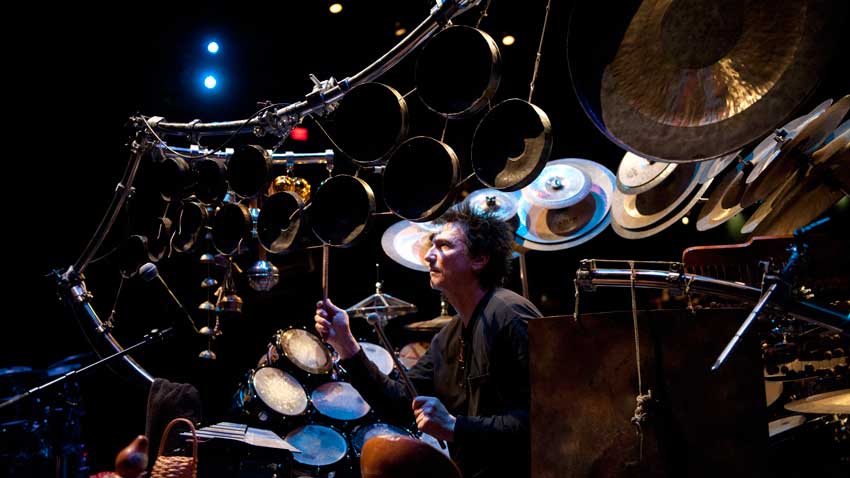
Terry Bozzio
Terry Bozzio was first inspired by seeing child drummers Little Ricky on the I Love Lucy show and Cubby O’Brien on The Mickey Mouse Club then, when Ringo Starr appeared on The Ed Sullivan Show, the die was cast. “I started with a pair of 5B sticks, a practice pad and three books,|” Terry told Rhythm, “Haskell Harr’s Drum Rudiments, Stick Control by George L Stone and Syncopation by Ted Reed,” remembers Terry. “I played for six months before I got a snare drum and a hi-hat only.”
High school music classes, college (where he was turned on to jazz) and a scholarship studying with members of the San Francisco Symphony followed, with his first pro job on the musical Godspell.
“I had a rich musical life then,” Terry recalls. “Almost every day I was playing something entirely different. There was a very hip big band I played with every Monday night at the Great American Music Hall. Another day I’d be playing Latin jazz. It was a great time for me and it wasn’t easy to leave that and move down to LA, but I got the audition with Zappa.”
His broad grounding served him well for his three-year stint with Frank Zappa, an artist responsible for some of the most technically complex music ever coaxed out of a drumset. But Terry's also done new wave and pop with Missing Persons and The Knack, prog with UK and nu-metal with Korn… and there's the small matter of those huge drum kits…
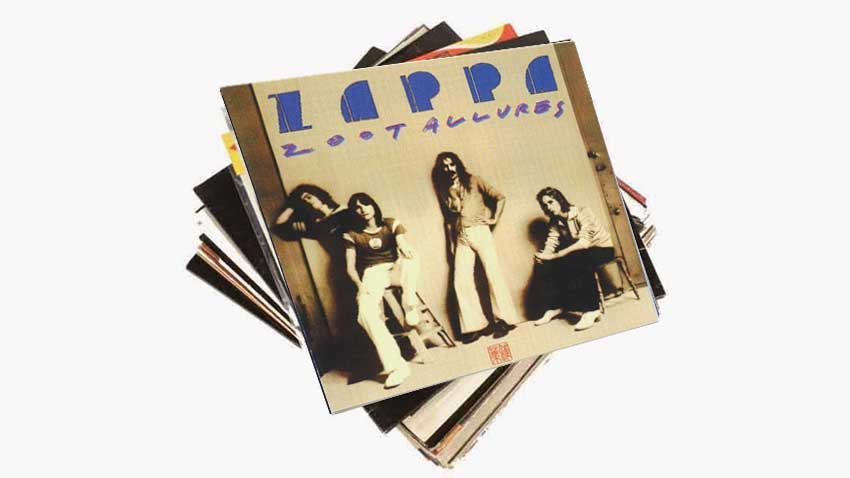
Zoot Allures (1976)
Working with Zappa tested Bozzio to the limits, and he came out a better drummer for it. Says Terry, his time with Zappa “started a musical education beyond my wildest dreams – the equivalent of Marine boot camp for a musician”. His second album with Zappa was a departure from the fusion of The Mothers Of Invention, and as close to a straight-ahead rock record as Zappa was ever likely to get.
Wind Up Working In A Gas Station mixes funk with punky rock, setting something of a template for the Chili Peppers to later follow, Find Her Finer is cajun blues-rock, and there's still plenty of Zappa weirdness thoughout, as evidenced on The Torture Never Stops, where the sound of a woman groaning accompanies a smokey club feel on the drums with twanging blues guitars.
Key track: ‘Wind Up Working In A Gas Station’
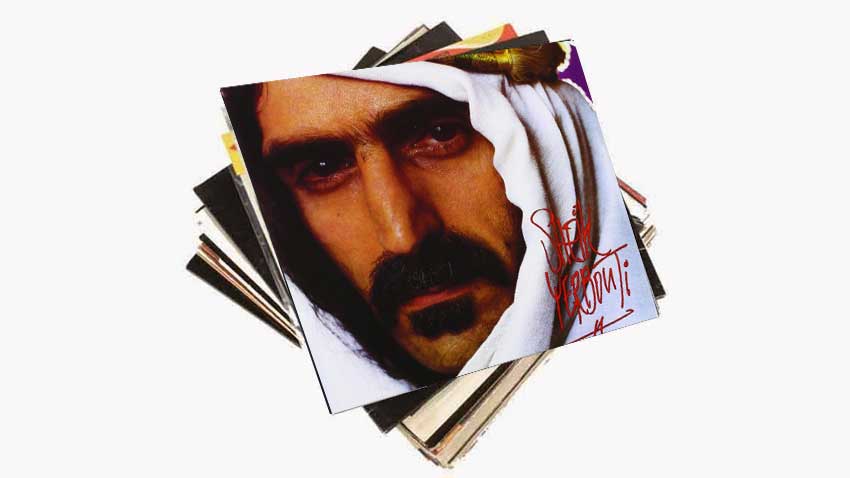
Sheik Yerbouti (1979)
During his three-year tenure with Zappa, Bozzio would play some of the most complex drum parts ever demanded of a drummer –including the notorious The Black Page, a piece which Terry was the first to learn and help shape. Sheik Yerbouti was at the, well, less cerebral end of Zappa’s work.
Released to a mixed reception Stateside, due to the explicitness, strangeness and offensiveness of the lyrics, it’s nevertheless as mixed a collection of musical styles as any album Zappa released, and was also one of his biggest selling. The jaunty country-pop of ‘Bobby Brown (Goes Down)’ was huge in Scandinavia; Rat Tomago is a grooving beast of a track, with Bozzio's crashing cymbals and big rock beat driving the instrumental jam – which came from a live solo in the Zoot Allures track The Torture Never Stops. There’s a disco pastiche, Dancin’ Fool and the gleefully offensive Jewish Princess – a track that would later sit happily on Zappa’s posthumous compilation, Have I Offended Someone?
Key track: ‘Rat Tomago’
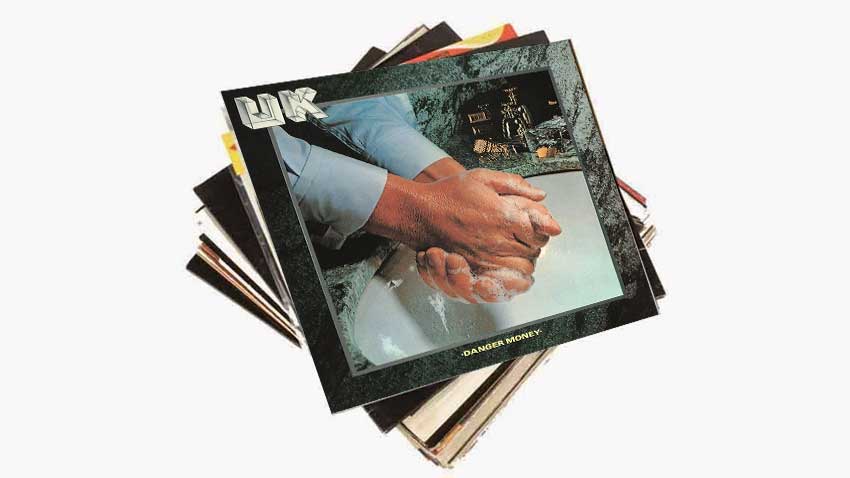
Danger Money (1979)
The prog rock ‘supergroup’ that had originally featured Allan Holdsworth and Bill Bruford were on their second album when Terry Bozzio made up the core trio with Eddie Jobson and John Wetton. Bozzio picks up the baton from Bruford on tracks like Caesar's Palace Blues and Carrying No Cross, but bringing his own flair and massive kit to the otherwise terrible synth prog of Nothing To Lose, melodramatic title track and ponderous Rendezvous 602.
“I didn’t know what I was trying to do, man. I was young, my ego was developing,” explained Bozzio, “I loved UK, I thought it was a great band and we did some great music. The punk thing had happened, New Wave had happened and in the press we were being compared to dinosaur rock bands like Yes and ELP. [I] really took offence at this comparison. I decided to form Missing Persons to be anti-this.”
Key track: ‘Nothing To Lose’
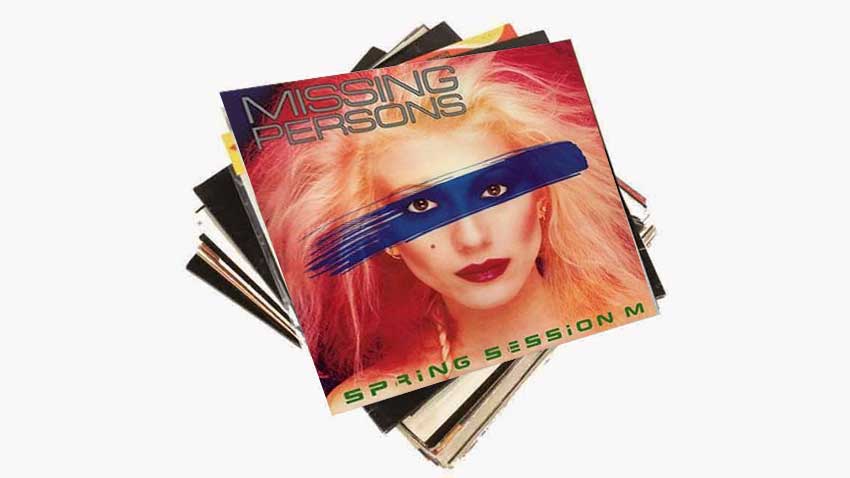
Spring Session M (1982)
As a conscious reaction to UK being pigeonholed with prog dinosaurs, Terry formed Missing Persons, Terry formed Missing Persons with his wife Dale Bozzio and fellow Zappa alumni Warren Cuccurullo and Patrick O’Hearn.
The band's quirky synth pop songs have a much stronger pop sensibility than anything Zappa wrote, exemplified by the hit single Destination Unknown. Spring Session M was a hit, and was powered by Terry's restrained pop playing behind the synthesizers on the likes of Walking In LA, with a little bombastic rock on stand-out Noticeable One. The band failed to capitalise on the success of Spring Session M, but they still exemplify everything about MTV-generation ’80s pop/rock. Check out the fashions…
Key track: 'Noticeable One'
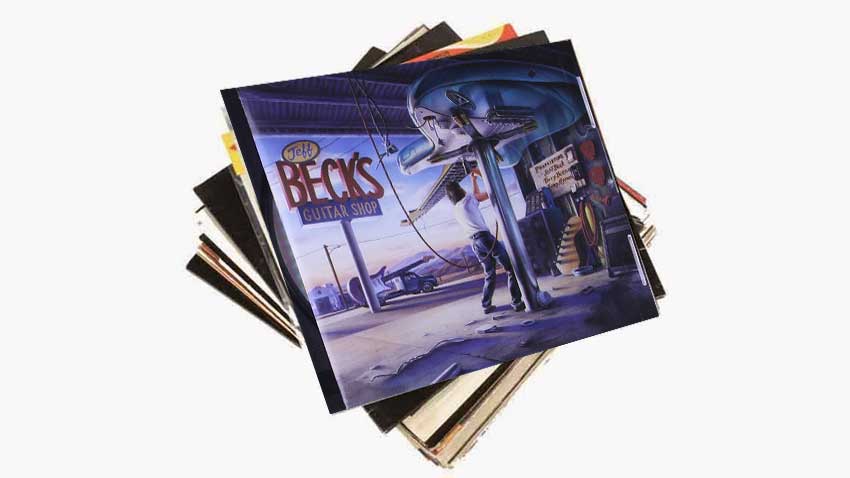
Jeff Beck's Guitar Shop (1989)
The trio of guitar genius Jeff Beck, keyboardist Tony Hymas and Bozzio surpassed even the lofty expectations from this collaboration, with Beck’s guitar work some of the best of his estimable career. Terry told Rhythm, “Whenever you’re in the room with Jeff Beck playing the guitar, you just go, ‘Damn, I’m glad I’m in a room with Jeff Beck playing the guitar!’” From the bombastic drum intro to Guitar Shop, via the pacey new-wave of Sling Shot and sublime blues of Big Block to quirkier offerings like A Day In The House – on which Bozzio himself provides the spoken vocals – Bozzio’s drumming fits like a wheelnut key.
Key track: 'Sling Shot'
"Reggae is more freeform than the blues. But more important, reggae is for everyone": Bob Marley and the Wailers' Catch a Fire, track-by-track
“Part of a beautiful American tradition”: A music theory expert explains the country roots of Beyoncé’s Texas Hold ‘Em, and why it also owes a debt to the blues
"Reggae is more freeform than the blues. But more important, reggae is for everyone": Bob Marley and the Wailers' Catch a Fire, track-by-track
“Part of a beautiful American tradition”: A music theory expert explains the country roots of Beyoncé’s Texas Hold ‘Em, and why it also owes a debt to the blues









